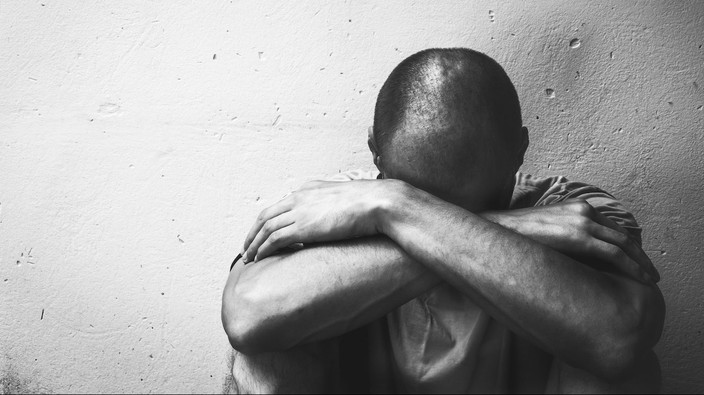what it's like to recover from drug addiction
after years of drug use, countless overdoses and two suicide attempts, matt kieselstein just marked 900 days of sobriety.
pharmacies can be a barrier to battling opioid addiction
research shows that pharmacies are likely to decline to dispense a drug that helps curb cravings and ease withdrawal symptoms.
 2 minute read
2 minute read








